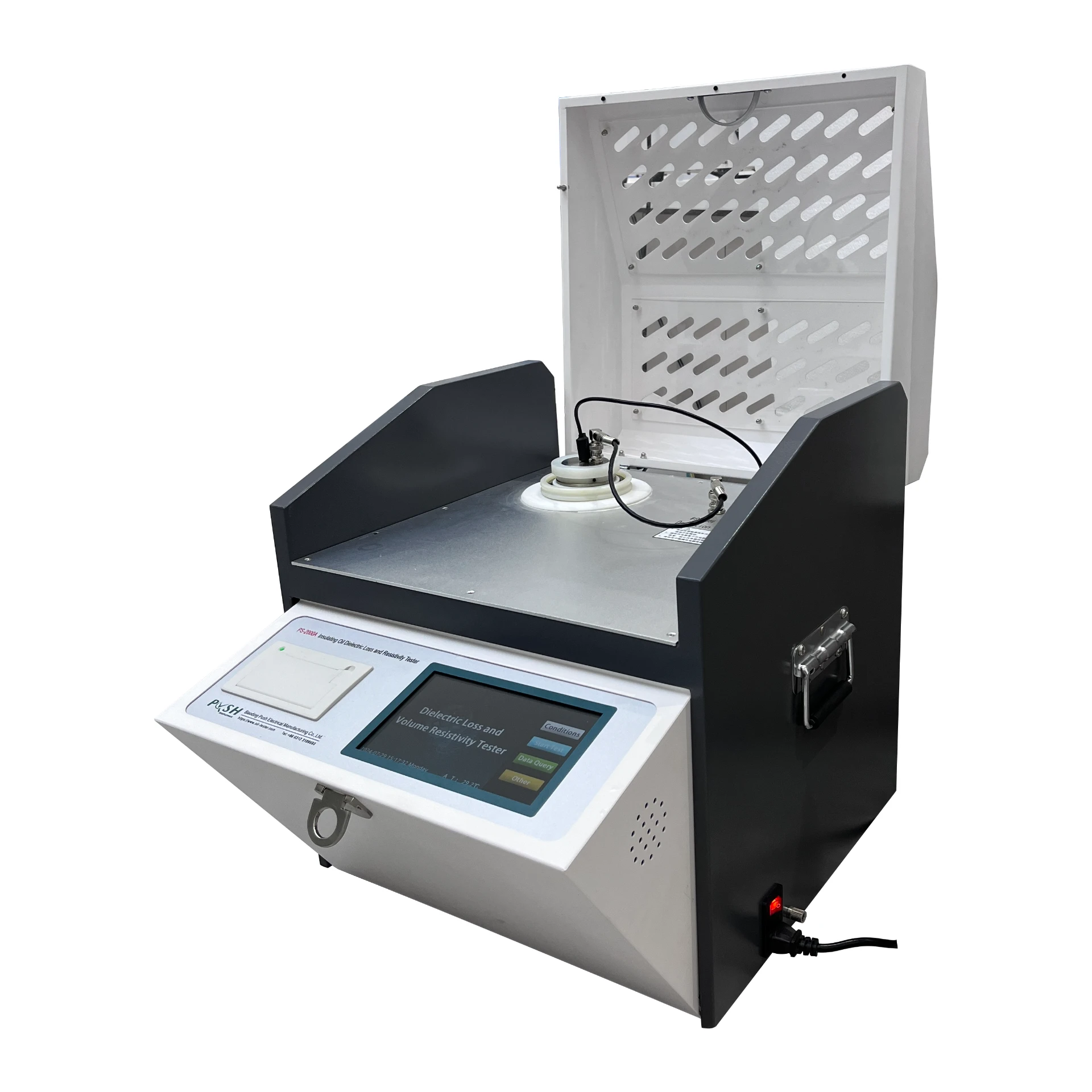 English
English


Understanding the Unique Assessment of Transformer Performance and Efficiency
Special Test of Transformer An OverviewTransformers are pivotal components in electrical power systems, playing a crucial role in the generation, transmission, and distribution of electricity. To ensure their reliability and efficiency, periodic testing is essential. Among various testing methods, the special test of transformers serves as a comprehensive analysis designed to evaluate the performance of transformers under specific conditions.The special test of transformers typically encompasses several key assessments, including insulation resistance testing, power factor testing, and sweep frequency response analysis. Each of these tests provides unique insights into the operational integrity and performance characteristics of the transformer.Insulation Resistance Testing is one of the fundamental tests performed on transformers, focusing on the insulation system's condition. This test involves applying a high voltage to the transformer windings while measuring the insulation resistance. A low resistance reading can indicate moisture ingress, contamination, or insulation degradation, which could compromise the transformer's operation.Power Factor Testing delves into the quality of the transformer insulation by measuring the phase difference between the voltage and current. A high power factor suggests good insulation quality, whereas a lower power factor may signal insulation issues or the presence of capacitance within the windings. This test helps identify potential failures before they lead to costly outages and repairs.Another critical special test is Sweep Frequency Response Analysis. This advanced method evaluates the mechanical condition of the transformer's windings by applying a range of frequencies and observing the response. Variations in frequency response can indicate problems such as winding deformation or changes in electromagnetic properties. This non-invasive technique is particularly valuable for older transformers or those subjected to severe operational stresses.In addition to the aforementioned tests, Temperature Rise Testing is performed to ascertain how well a transformer can dissipate heat under normal operating conditions. The test enables engineers to evaluate the cooling mechanisms of the transformer and ensure it operates within its thermal limits, which is vital for longevity and reliability.Transient Response Testing is also an important aspect of special tests, where transformers are subjected to sudden changes in voltage or current to assess their ability to withstand and adapt to rapid fluctuations. This is particularly important for transformers operating in environments with variable loads or those connected to renewable energy sources, where power supply can be erratic.In conclusion, the special test of transformers is essential for maintaining the operational integrity, safety, and efficiency of electrical power systems. Through a combination of these advanced testing methods, engineers can predict potential failures and implement timely maintenance, ultimately prolonging the lifespan of transformers and ensuring a stable and reliable power supply. As the power industry continues to evolve, embracing innovative testing techniques will be paramount in optimizing transformer performance and enhancing the overall resilience of electrical networks.
special test of transformer

Special Test of Transformer An OverviewTransformers are pivotal components in electrical power systems, playing a crucial role in the generation, transmission, and distribution of electricity. To ensure their reliability and efficiency, periodic testing is essential. Among various testing methods, the special test of transformers serves as a comprehensive analysis designed to evaluate the performance of transformers under specific conditions.The special test of transformers typically encompasses several key assessments, including insulation resistance testing, power factor testing, and sweep frequency response analysis. Each of these tests provides unique insights into the operational integrity and performance characteristics of the transformer.Insulation Resistance Testing is one of the fundamental tests performed on transformers, focusing on the insulation system's condition. This test involves applying a high voltage to the transformer windings while measuring the insulation resistance. A low resistance reading can indicate moisture ingress, contamination, or insulation degradation, which could compromise the transformer's operation.Power Factor Testing delves into the quality of the transformer insulation by measuring the phase difference between the voltage and current. A high power factor suggests good insulation quality, whereas a lower power factor may signal insulation issues or the presence of capacitance within the windings. This test helps identify potential failures before they lead to costly outages and repairs.Another critical special test is Sweep Frequency Response Analysis. This advanced method evaluates the mechanical condition of the transformer's windings by applying a range of frequencies and observing the response. Variations in frequency response can indicate problems such as winding deformation or changes in electromagnetic properties. This non-invasive technique is particularly valuable for older transformers or those subjected to severe operational stresses.In addition to the aforementioned tests, Temperature Rise Testing is performed to ascertain how well a transformer can dissipate heat under normal operating conditions. The test enables engineers to evaluate the cooling mechanisms of the transformer and ensure it operates within its thermal limits, which is vital for longevity and reliability.Transient Response Testing is also an important aspect of special tests, where transformers are subjected to sudden changes in voltage or current to assess their ability to withstand and adapt to rapid fluctuations. This is particularly important for transformers operating in environments with variable loads or those connected to renewable energy sources, where power supply can be erratic.In conclusion, the special test of transformers is essential for maintaining the operational integrity, safety, and efficiency of electrical power systems. Through a combination of these advanced testing methods, engineers can predict potential failures and implement timely maintenance, ultimately prolonging the lifespan of transformers and ensuring a stable and reliable power supply. As the power industry continues to evolve, embracing innovative testing techniques will be paramount in optimizing transformer performance and enhancing the overall resilience of electrical networks.
-
Differences between open cup flash point tester and closed cup flash point testerNewsOct.31,2024
-
The Reliable Load Tap ChangerNewsOct.23,2024
-
The Essential Guide to Hipot TestersNewsOct.23,2024
-
The Digital Insulation TesterNewsOct.23,2024
-
The Best Earth Loop Impedance Tester for SaleNewsOct.23,2024
-
Tan Delta Tester--The Essential Tool for Electrical Insulation TestingNewsOct.23,2024





